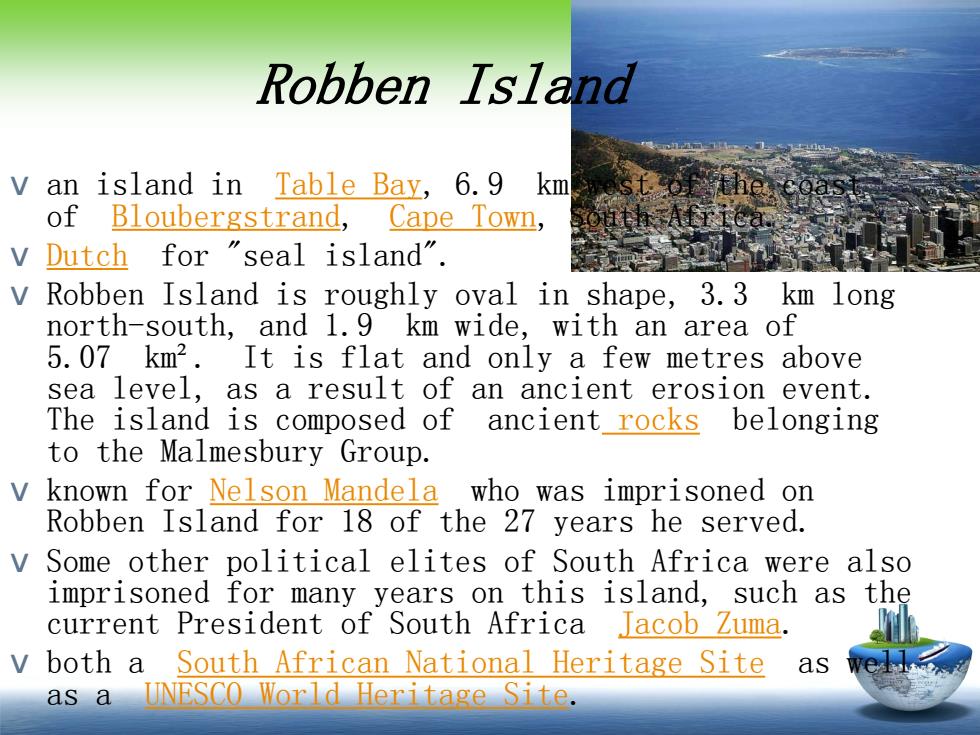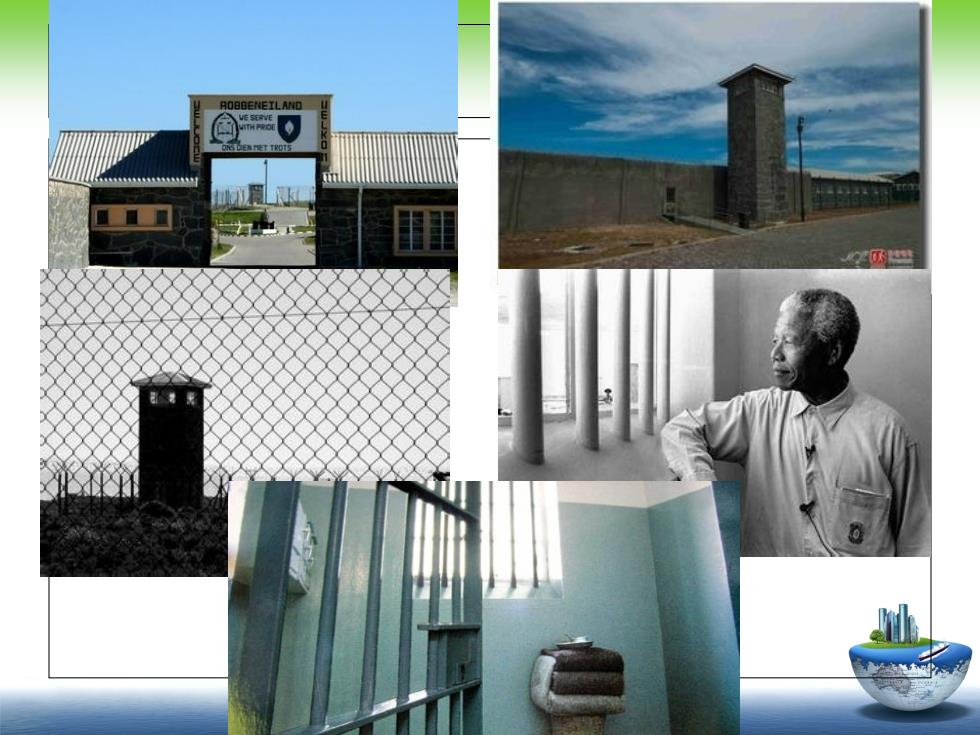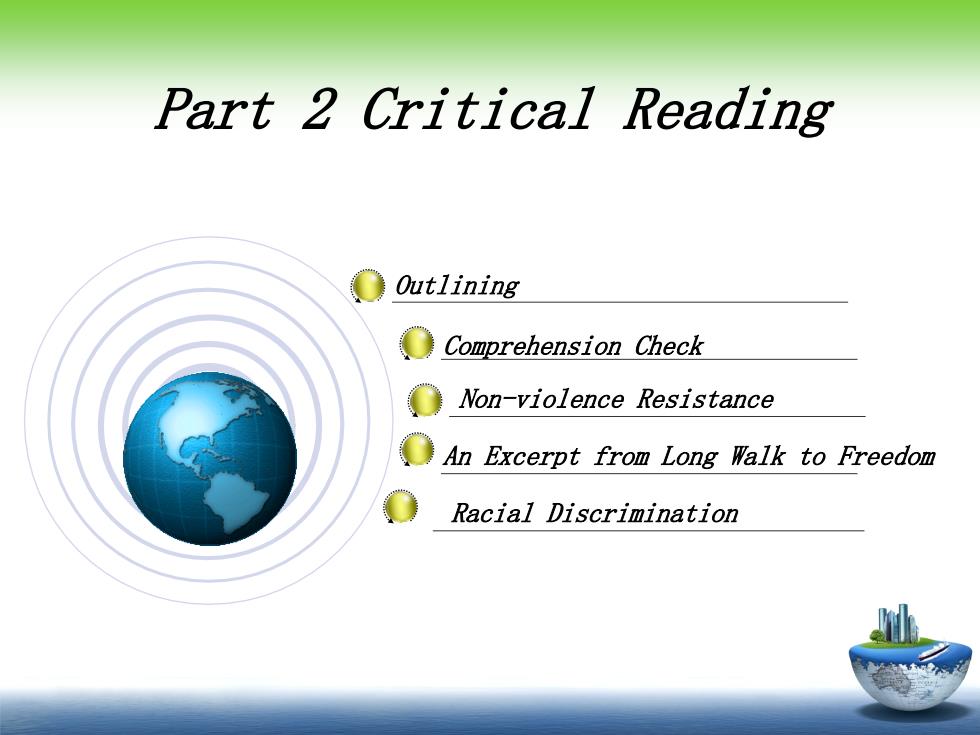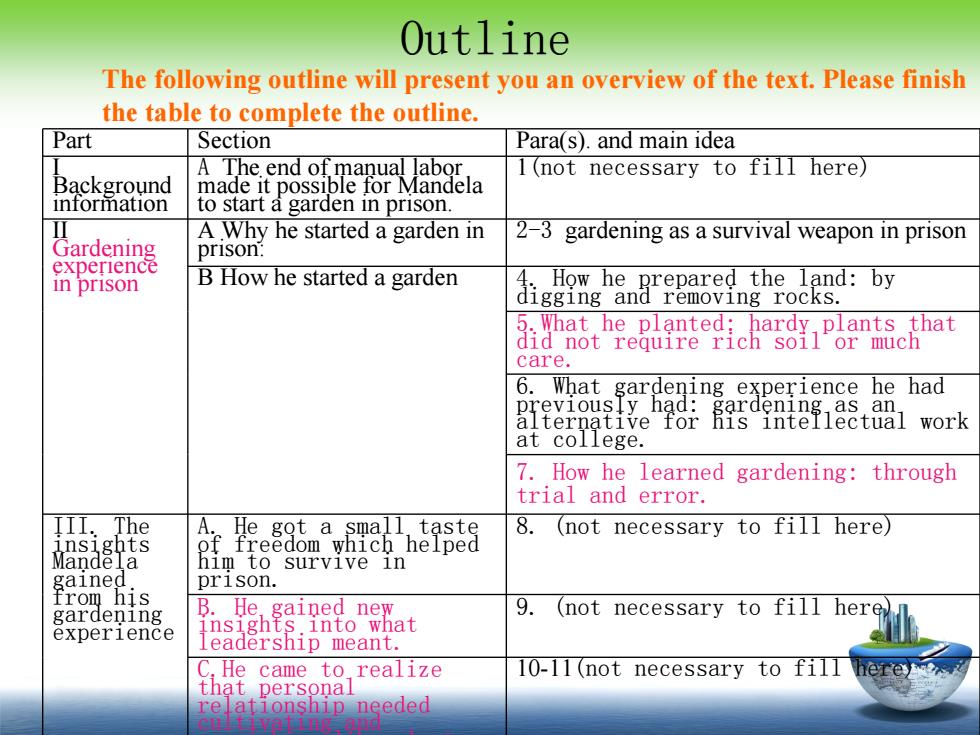
Apartheid V Apartheid (Afrikaans pronunciation: e'parthai an Afrikaans word meaning "the state of being apart",literally "apart -hood") v a system of racial segregation in South Africa enforced through legislation by the National Party (NP)governments,the ruling party from 1948 to 1994,under which the rights associations,and movements of the majority bPackl Francois inhabitants were curtailed and Afrikaner mit the rule was maintained. first apartheid prime minister v developed by the National Party and Broederbond948-1954) organization V practiced also in South West Africa,called Namibia after independence in 1990. V nowadays currently used for forms of systematie segregation, established by the state authorityina country,against the social and civil rights of a
Apartheid v Apartheid (Afrikaans pronunciation: [ɐˈpartɦɛit]; an Afrikaans word meaning "the state of being apart", literally "apart -hood") v a system of racial segregation in South Africa enforced through legislation by the National Party (NP) governments, the ruling party from 1948 to 1994, under which the rights, associations, and movements of the majority black inhabitants were curtailed and Afrikaner minority rule was maintained. v developed by the National Party and Broederbond organization v practiced also in South West Africa, called Namibia after independence in 1990. v nowadays currently used for forms of systematic segregation, established by the state authority in a country, against the social and civil rights of a certain group of citizens, due to ethnic prejudices. Daniel François Malan, the first apartheid prime minister (1948–1954)

Robben Island v an island in Table Bay,6.9 km of Bloubergstrand, Cape Town, V Dutch for "seal island". V Robben Island is roughly oval in shape,3.3 km long north-south,and 1.9 km wide,with an area of 5.07 km2.It is flat and only a few metres above sea level,as a result of an ancient erosion event. The island is composed of ancient rocks belonging to the Malmesbury Group. V known for Nelson Mandela who was imprisoned on Robben Island for 18 of the 27 years he served. V Some other political elites of South Africa were also imprisoned for many years on this island,such as the current President of South Africa Jacob Zuma. V both a South African National Heritage Site as as a UNESCO World Heritage Site
Robben Island v an island in Table Bay, 6.9 km west of the coast of Bloubergstrand, Cape Town, South Africa. v Dutch for "seal island". v Robben Island is roughly oval in shape, 3.3 km long north-south, and 1.9 km wide, with an area of 5.07 km². It is flat and only a few metres above sea level, as a result of an ancient erosion event. The island is composed of ancient rocks belonging to the Malmesbury Group. v known for Nelson Mandela who was imprisoned on Robben Island for 18 of the 27 years he served. v Some other political elites of South Africa were also imprisoned for many years on this island, such as the current President of South Africa Jacob Zuma. v both a South African National Heritage Site as well as a UNESCO World Heritage Site

四

Part 2 Critical Reading ○Outlining ○Comprehension Check 0 Non-violence Resistance An Excerpt from Long Walk to Freedom 0 Racial Discrimination
Part 2 Critical Reading Outlining Comprehension Check Racial Discrimination An Excerpt from Long Walk to Freedom Non-violence Resistance

Outline The following outline will present you an overview of the text.Please finish the table to complete the outline. Part Section Para(s).and main idea A The end of manual labor 1(not necessary to fill here) Background made it possible for Mandela information to start a garden in prison. A Why he started a garden in 2-3 gardening as a survival weapon in prison Gardening prison: experience in prison B How he started a garden How he prepared the land:by igging and removing rocks. i otc mucha care. 6.What gardening experience he had aterative Tor gardening as an. for his intellectual work at college. 7.How he learned gardening:through trial and error. The A. He got a small,taste 8.(not necessary to fill here) insights freedom which helped Mandela him to survive in gained prison. from his gardening B.He.gained new 9. (not necessary to fill here) experience insights into what leadership meant. He came to realize 10-11(not necessary to fill that personal re ationship needed
The following outline will present you an overview of the text. Please finish the table to complete the outline. Part Section Para(s). and main idea I Background information A The end of manual labor made it possible for Mandela to start a garden in prison. 1(not necessary to fill here) II Gardening experience in prison A Why he started a garden in prison: 2-3 gardening as a survival weapon in prison B How he started a garden 4. How he prepared the land: by digging and removing rocks. 5.What he planted: hardy plants that did not require rich soil or much care. 6. What gardening experience he had previously had: gardening as an alternative for his intellectual work at college. 7. How he learned gardening: through trial and error. III. The insights Mandela gained from his gardening experience A. He got a small taste of freedom which helped him to survive in prison. 8. (not necessary to fill here) B. He gained new insights into what leadership meant. 9. (not necessary to fill here) C.He came to realize that personal relationship needed cultivating and nourishing like plants. 10-11(not necessary to fill here) Outline